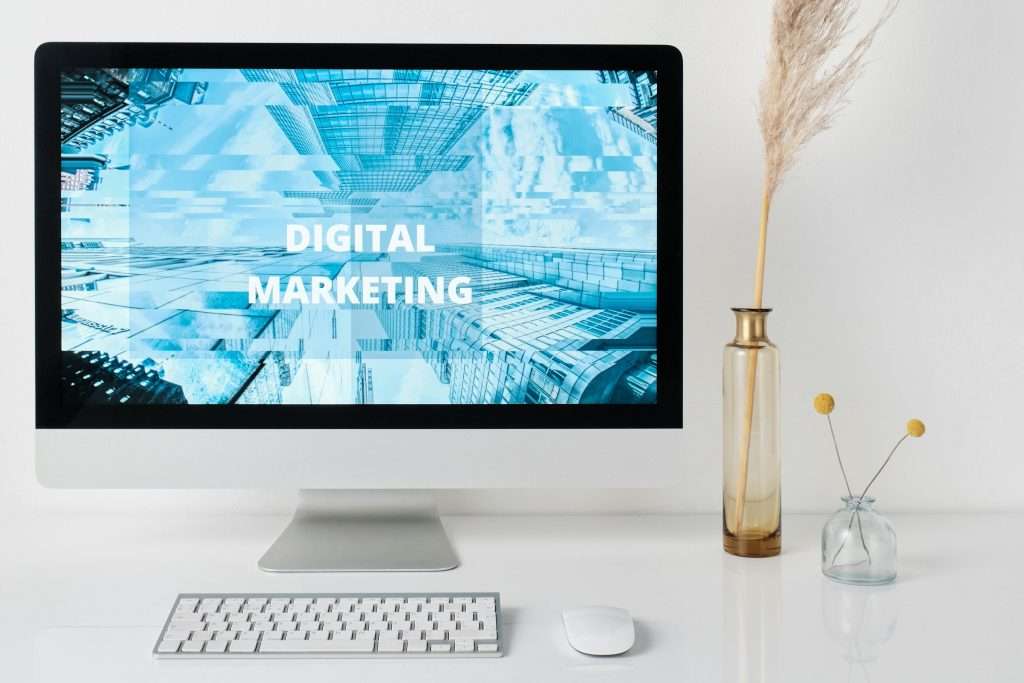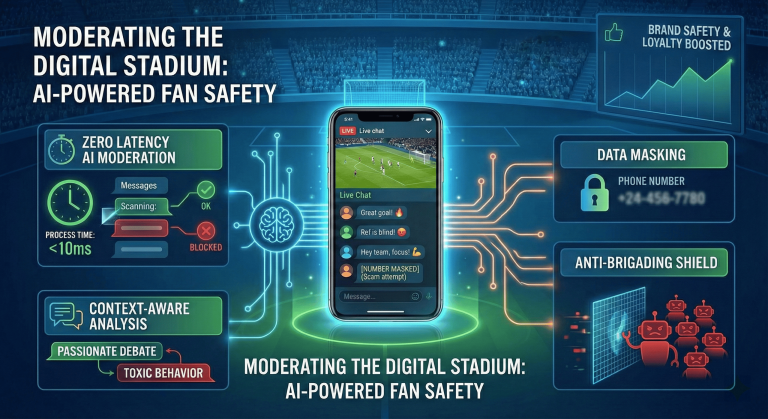6 AI-driven strategies to improve conversion rates in digital marketing and advertising

Conversion rates are a critical metric for any business and represent the percentage of potential customers who take a desired action on their website, such as making a purchase, signing up for a newsletter, or filling out a contact form. High conversion rates indicate that your marketing and sales strategies are effectively turning prospects into customers. It’s no wonder that businesses jumped on the opportunity of large language models and learn how AI can improve conversion rates in digital marketing. This would give entrepreneurs an edge to stay competitive in the online business landscape by using technology as a powerful asset.
Key Points
- AI personalizes customer experiences, increasing engagement and conversions.
- Predictive analytics helps target high-potential leads, improving marketing efficiency.
- AI chatbots provide real-time customer support, reducing drop-off rates.
- AI optimizes marketing campaigns, ensuring maximum effectiveness.
- Sentiment analysis helps understand customer feelings, enabling proactive engagement.
Artificial intelligence (AI) is a powerful tool that can significantly impact conversion rates by enhancing the way you interact with potential customers. AI can be used to effectively streamline processes, personalize customer experiences, and provide deep insights into customer behavior, all of which can contribute to higher conversion rates, when used effectively. Read on to discover how you can leverage this technology to secure a competitive advantage.
Personalize Customer Experiences
Personalization is a powerful tool for increasing conversion rates, as customers are more likely to engage with products or services that resonate with their individual needs. AI allows you to deliver highly personalized experiences by analyzing customer data, such as browsing history, purchase behavior, and preferences. This wealth of information enables AI to tailor content, product recommendations, and marketing messages for each user, making them feel valued and understood.
Acquiring AI-driven personalization tools that can adapt content and offers in real time is an investment in customer experiences. For instance, implementing AI-powered recommendation engines on your website can guide customers toward products they are most likely to purchase. One example would be, If concert-goers are part of your target market, you can utilize AI to analyze which among your visitors are likely interested in music event memorabilia and promote a product like a custom bracelets, lanyard, or a concert t-shirt to them. That will boost the bottom line by increasing revenues.
Use Predictive Analytics for Targeting
Another way to boost conversions would be to utilize AI’s ability to use predictive analytics, which involves analyzing historical data to forecast future customer behaviors and trends. With AI, you can identify which leads are most likely to convert and focus your marketing efforts on those who are more likely to make a purchase. A targeted approach like this ensures that your resources are spent efficiently while attaining a higher overall conversion rate in the process.
Integrating AI-driven predictive analytics into your CRM system can help you identify high-value prospects. This, consequently, lets you easily tailor your sales and marketing strategies. By focusing your efforts on the most promising leads, you can enhance your chances of converting them into customers.
Implement AI-Powered Chatbots and Virtual Assistants

A popular option is to deploy AI chatbots on your website and social media platforms to assist customers at key touchpoints in their journey. AI-powered chatbots and virtual assistants can engage with customers in real time and provide immediate responses to questions, offer product information, or guide them through the purchase process. With the advancements of the LLMs, the chatbots are getting better and cheaper than human customer support and perhaps, unrecognizable.
Offering a high level of interaction can reduce drop-off rates, as it’s possible for customers to receive the assistance they need exactly when they need it. By improving interactions and reducing friction in the buying process, AI-powered chatbots can help website visitors participate in transactions and become paying customers or newsletter subscribers.
Optimize Marketing Campaigns with AI
AI can also optimize your marketing campaigns by analyzing and testing different versions of ads, emails, or landing pages to determine which performs best. These tools can automatically adjust elements like ad placement, timing, and messaging, ensuring that your marketing efforts are always optimized for success. Tweaking campaigns in real time ensures that your marketing efforts are always aligned with what resonates most with your target audience. This continuous optimization leads to more effective campaigns and higher conversion rates.
Google, for example, has released its Performance Max setup that creates ad campaigns that are mostly AI-powered. This provides users with less control for testing different strategies, but offers ease of setup and a way to do advertising on autopilot.
Leverage Sentiment Analysis for Better Engagement
Sentiment analysis can provide you with valuable insights that can inform your engagement strategies and help you create a more positive customer experience that drives conversions. The use of AI-driven sentiment analysis allows you to gauge customer sentiment from reviews, social media, and other forms of feedback. It can also be helpful in monitoring customer feedback in real time and responding proactively to negative sentiments. Understanding how customers feel about your brand or products can help you engage with your audience more effectively and address any concerns that might be hindering them from transacting with your business.
Implement Dynamic Pricing Strategies
If you can offer competitive pricing that aligns with what customers are willing to pay, you can increase the likelihood of a sale. Integrating AI-driven pricing models into your e-commerce platform can help you capture more sales by adjusting prices based on factors like competitor pricing, inventory levels, and customer demand. The ability to offer the right price at the right time is key to improving your chances of converting potential customers.
Embracing AI in your business operations can have a profound impact on your conversion rates. Early adopters of the technology in conversion rate optimization are likely to gain a significant competitive advantage, as they can provide better, more personalized experiences that resonate with their customers. As AI continues to evolve, its role in boosting conversion rates will only become more critical, making it an essential tool for any business that aims to stand out from the competition.




